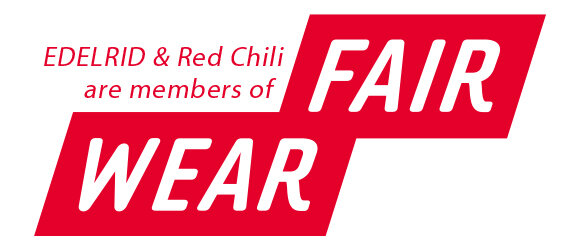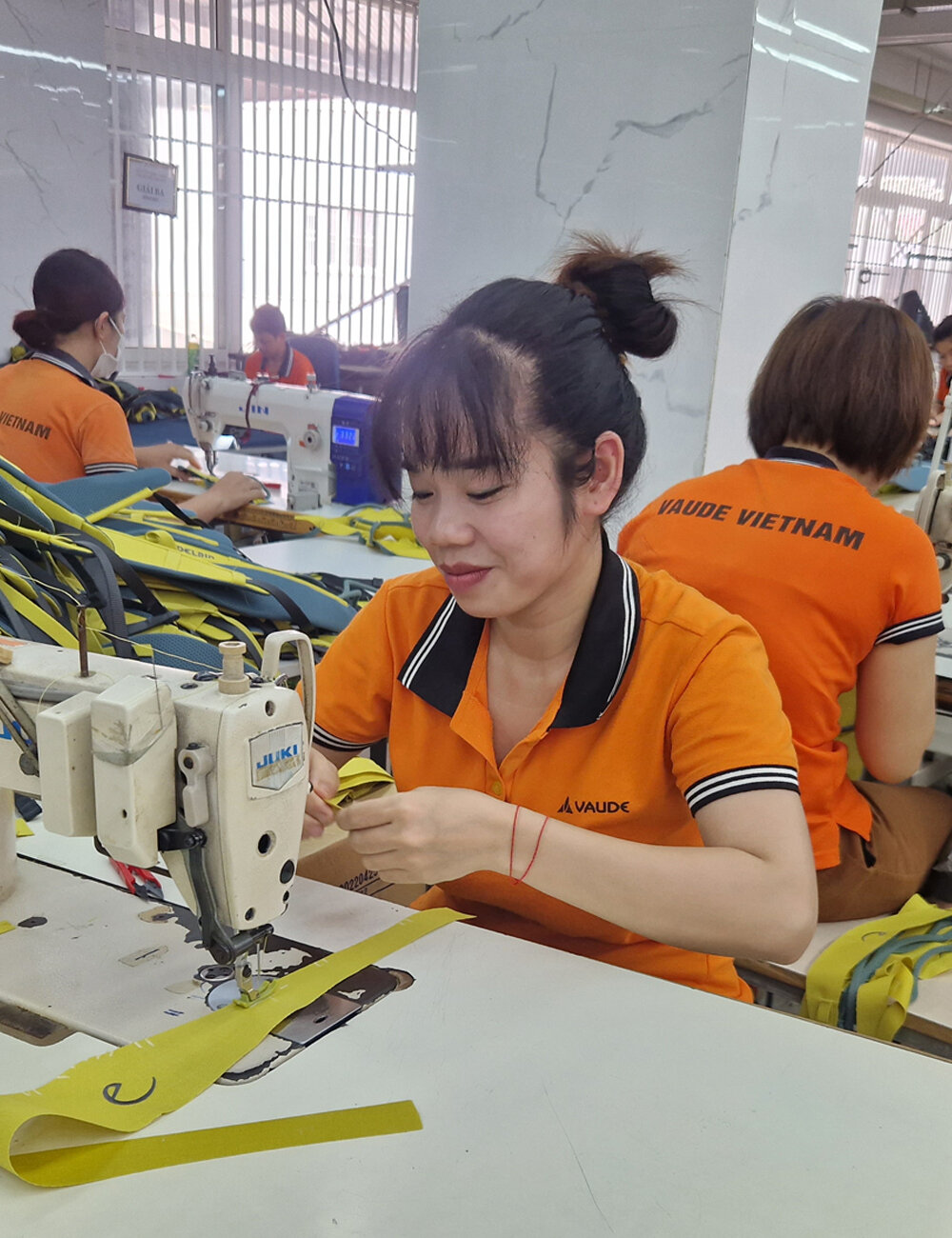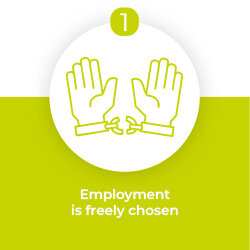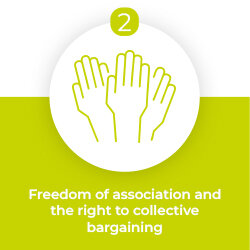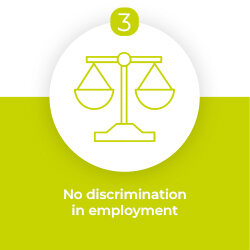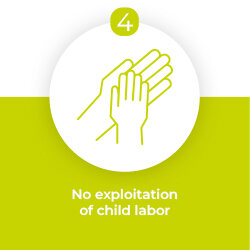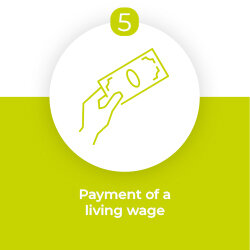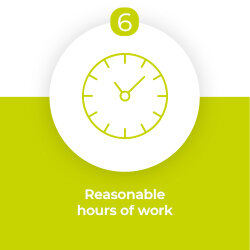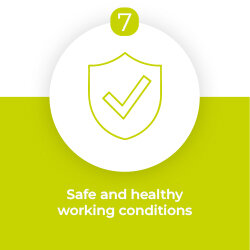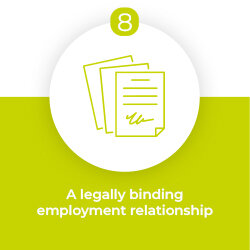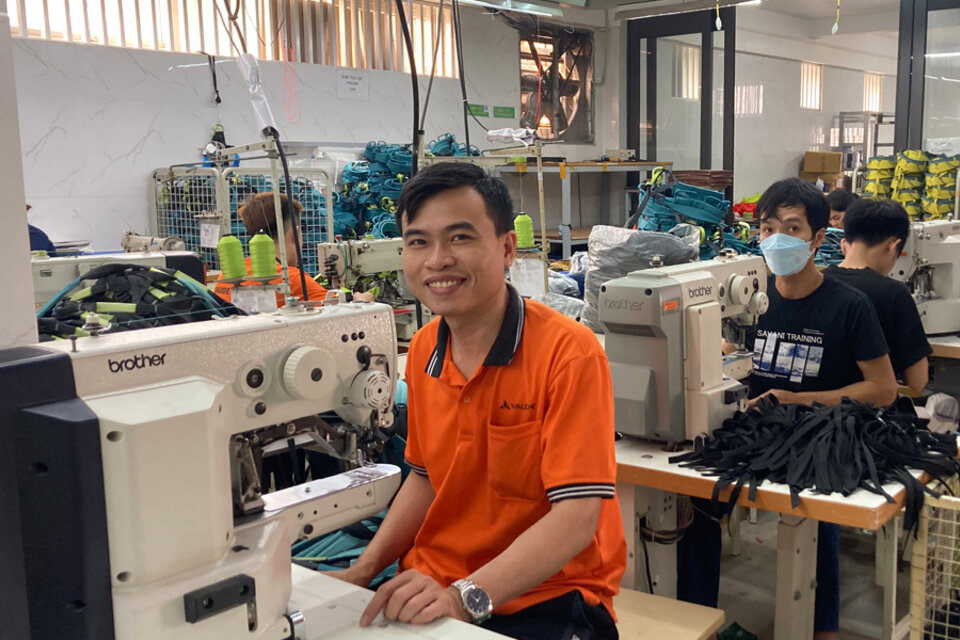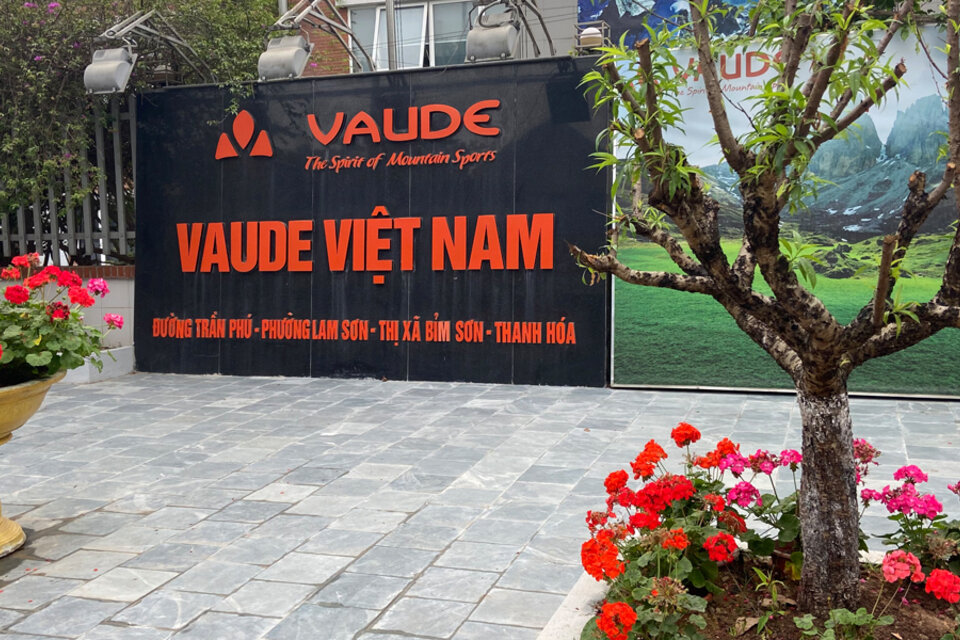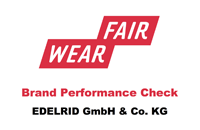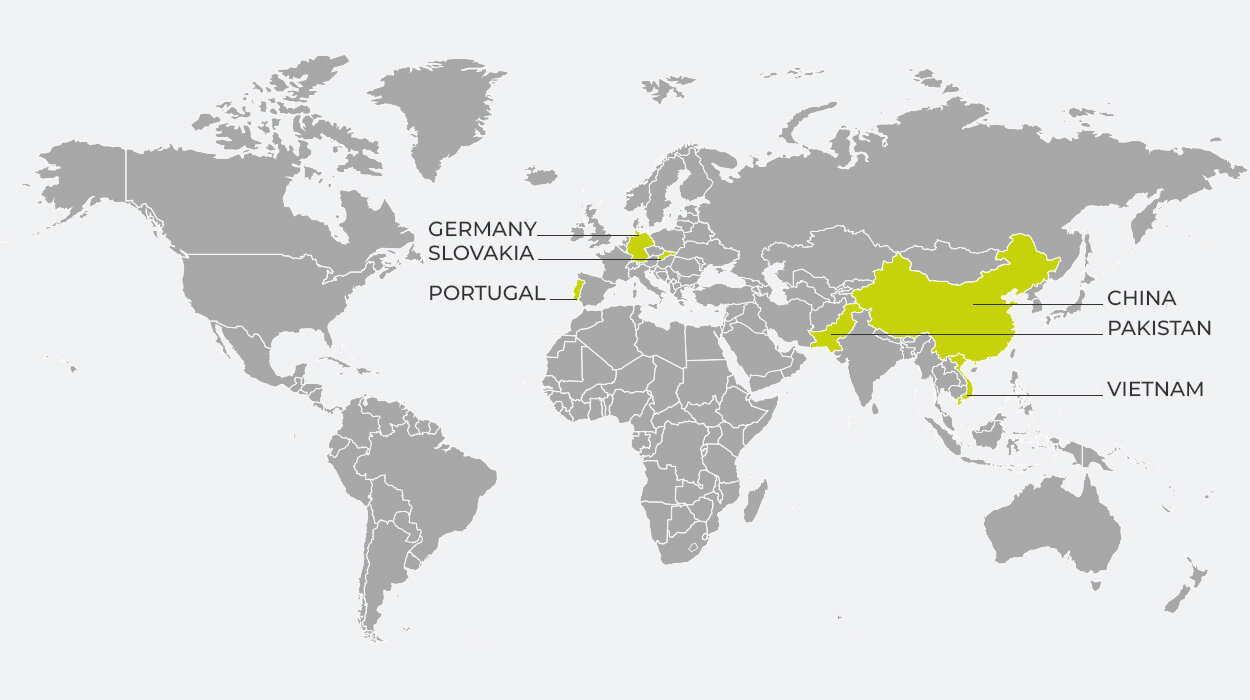We firmly believe that textiles should be fair for everyone. Unfortunately, even we are unable to exclusively manufacture at our company head office in Isny, where we can keep a direct eye on the working conditions. We therefore also collaborate with partner companies worldwide.
Despite such partnerships bringing certain challenges, we are still passionate about our vision: We are committed to ensuring that the highest social standards are observed during the production of our textile products such as climbing harnesses, clothing, via ferrata sets, and Red Chili climbing shoes, and that everyone involved in the production processes receives a fair wage. As a result, we have been an official member of the Fair Wear Foundation (FWF) since mid-2021. This represents an active commitment to fair conditions—wherever in the world people are based!

